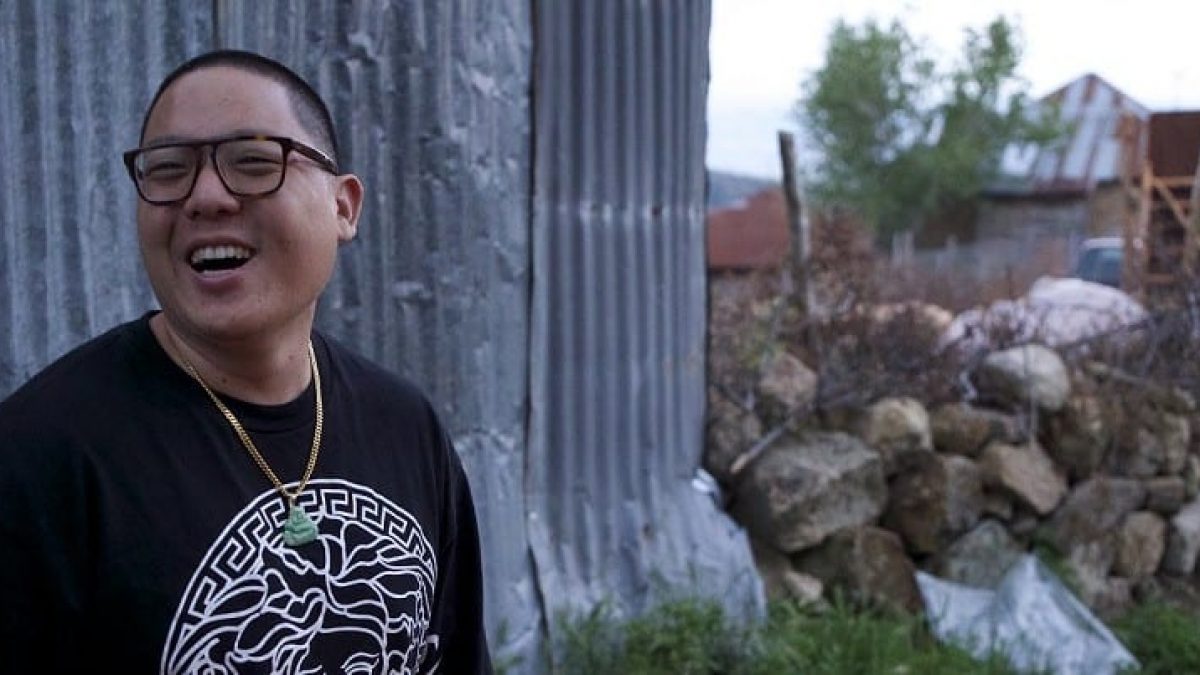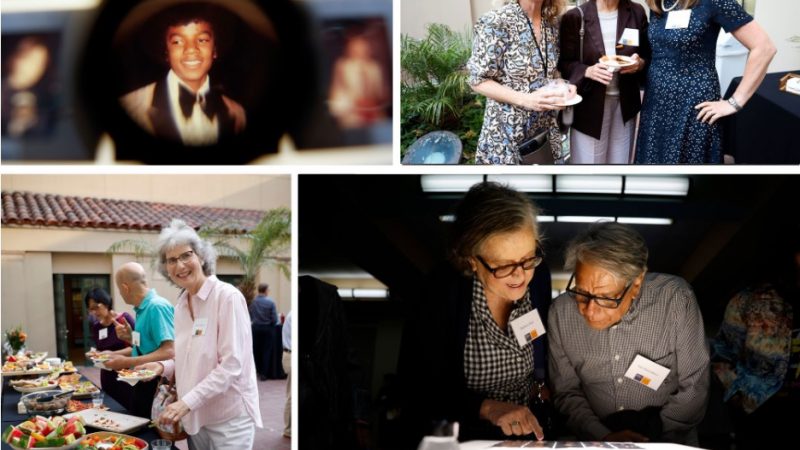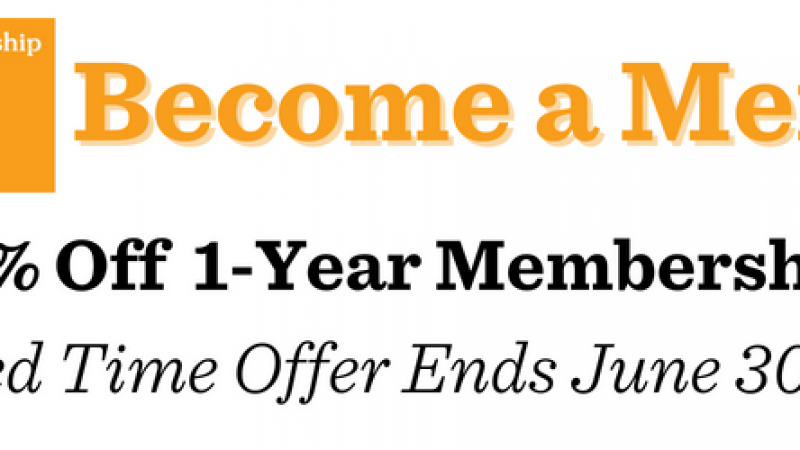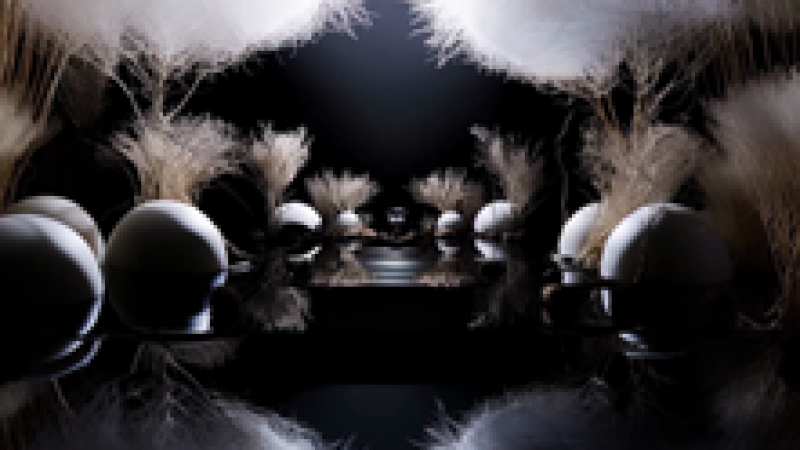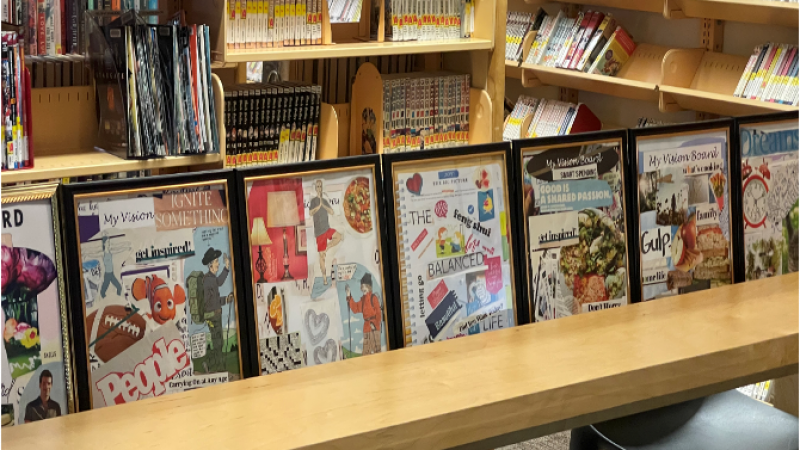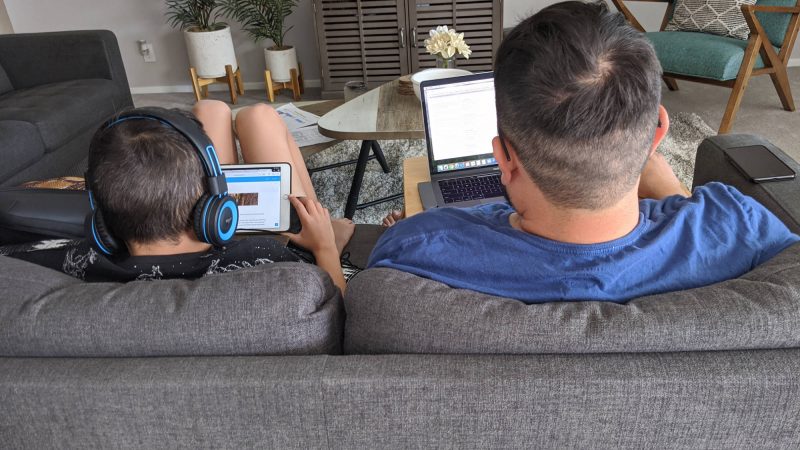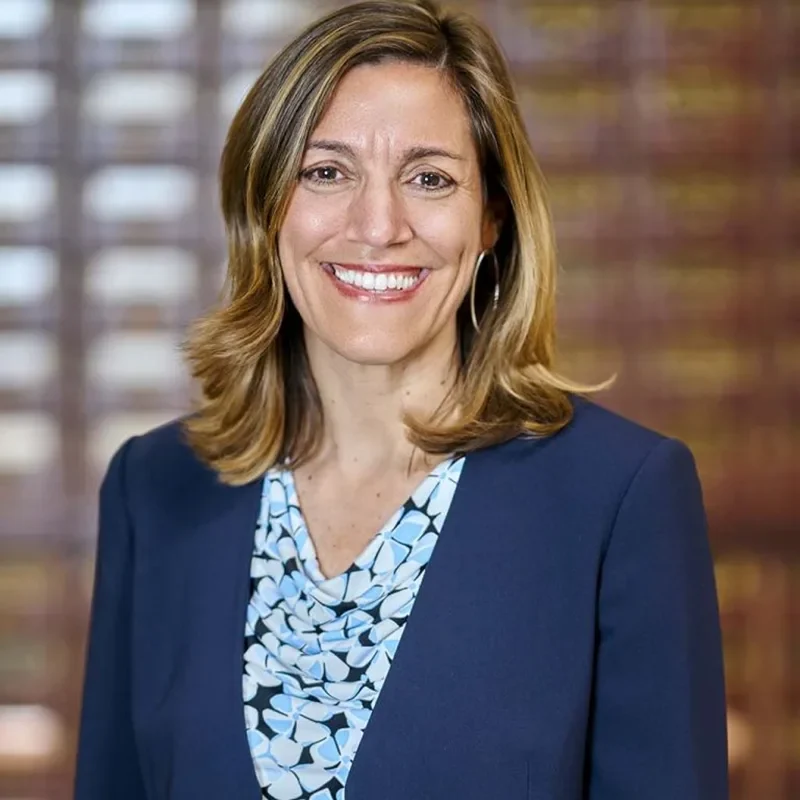Over the last few years, Eddie Huang has catapulted to international fame as a young, hip chef, a bestselling author, and T.V. personality. Beneath the limelight, Huang’s something more akin to a cultural anthropologist fearlessly exploring many offbeat paths to make sense of his place in the world. First, he brought old school Taiwanese street food to the ever-trendy East Village with his restaurant, Baohaus. After the great success of his humble bun shop, he wrote a laugh-out-loud coming-of-age memoir, Fresh Off the Boat, about growing up with a traditional Chinese family in “white” Orlando. His brash memoir made an even bigger splash when it was turned into a hit television sitcom on ABC. Huang also demystifies cultural stereotypes through Huang’s World, a series on VICE where he eats his way through far-flung corners of the globe.
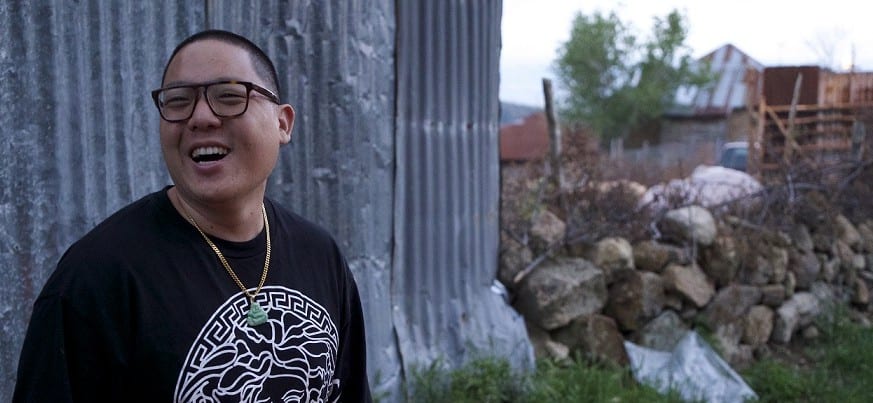
Huang’s latest project is another uncanny memoir, Double Cup Love, where he challenges the authenticity of his cooking and worldview by returning to his ancestral home of Taiwan. The intrepid provocateur dives into some uncharted territory as well in Double Cup Love—his romantic relationships. Before his visit to ALOUD on June 2, Huang continued to keep it real when we asked about his emotionally charged new book.
After your first memoir Fresh Off the Boat you experimented with various film and television projects. What made you want to return to writing to tell the stories of Double Cup Love?
Huang: Writing is the most direct—me to you. It’s also the most thorough, specific, all-encompassing medium for what you want to say. I like film and T.V. because you get to use visuals, sound, and it’s a more physical experience. I think listening to something in your ear is the most personal, but writing is thorough. This story needed to be written, it needed the 200 some odd pages, and the precision that you can achieve through writing. It’s also very finite. Visuals and sounds can be taken many different ways and that’s what’s beautiful about those tools, but writing is very specific, finite, and sobering. It’s very hard to escape yourself on paper.
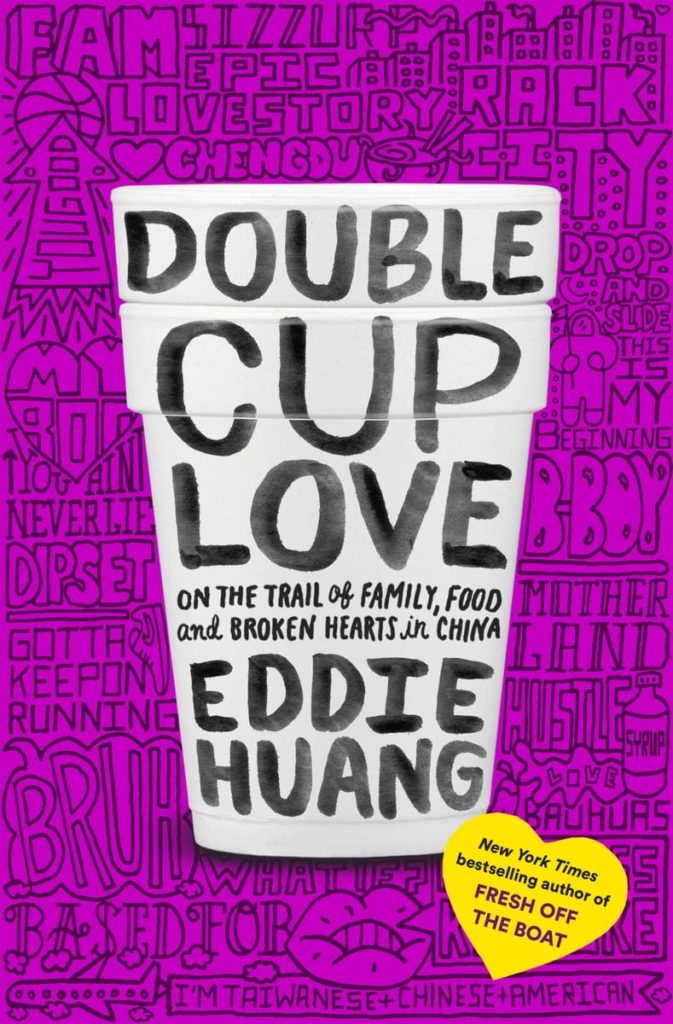
You’ve always been very honest in your explorations of topics that many shy away from like family and race. Double Cup Love gets even more personal by directly tackling your love life—first with a not-so-functional relationship with Ning, then with a love-swept courtship of Dena. What were the challenges of confronting this part of your life for a public audience?
Huang: I never thought I’d write a romance. I didn’t set out to write it at all. It just happened to me and in a funny way the universe comes for you. One thing I battled with myself about in book one was whether to delve further into my relationship with Ning and I didn’t. There were pros and cons for doing so or not doing so. It’s something I still think about, but once I met Dena I realized it was kind of meant to be. This was the love of my life to date, she came into my life just before I went to China, and it just happened. This story found me, and whether I wanted to write about it or not, I had to. It was really hard. It broke me at times, but I did it, I learned, and I’m a better person for it.
Double Cup Love also takes you on a journey to explore your ancestral heritage to better understand what it means to be Taiwanese-Chinese in America and vice-versa, American in China. Delving into the nuances of culture and race, who do you see as your audience? Who do you write for?
Huang: The first book was entirely from the perspective of a 29-year-old Taiwanese-Chinese-American that was sick and tired of not having a voice or being represented in this country. It was very “Return of the Jedi,” and I was angry. I love that book. It had to happen. In the three years since Fresh Off the Boat came out, it has fundamentally changed the way Americans talk about race and I’m proud of it. I don’t think I’ll ever write like that again, unless I get really mad. It was funny because when you’ve been angry for so long you don’t know how to be without that anger. You get worried. That anger was your armor, it was part of your identity, and even though it’s eating you up you try to hang onto it. But meeting Dena really changed me. She loved me and I learned to love myself. I also had a better relationship with my parents once they were proud of me and the chip on my shoulder just went away.
I don’t go into a book thinking, “I’m gonna write for Asian people!” If there’s one group of people I write for, it’s people that want to examine struggle. I think my books are about dealing with struggle, letting it go, or helping others out of their struggle. My close friends and family all have a very wide-eyed relationship with struggle and we’re constantly negotiating it, using it, and letting it go when it starts to mutate who we are. You could be Asian, Black, LGBT, Latino, short, tall, or just average. Everybody struggles but not every one wants to sit down in it. I want to speak with the people who engage their struggles, persevere, and then remember not to put other people through those same struggles if they don’t have to.
Because the ALOUD series is part of the Los Angeles Public Library, we’re always curious to ask: what role libraries have played in shaping your work?
Huang: I used to go to the library as a kid with a giant duffel bag and borrow the maximum. We didn’t get cable until I was 13, so until that age I was just borrowing books, cassettes, and VHS tapes from the library.
And last, but not least… Do you have a favorite bao spot in L.A.?
Huang: Baohaus L.A. opening soon.
An Evening with Eddie Huang
Thursday, June 2, 7:30 PM
The Aratani Theatre
Double Cup Love:
On the Trail of Family, Food and Broken Hearts in China
In conversation with actress Constance Wu
DJ set by SOSUPERSAM
Tickets: lfla.dev/aloud
Co-presented with the Japanese American Cultural and Community Center
